The history of anthropology
The first anthropological studies are often attributed to Herodotus, a fifth-century Greek historian who wrote about the different cultures and lifestyles of people he encountered while sailing the Mediterranean. His nine scrolls, known as The Histories, were unique in observing peoples commonalities and differences. The later works of scholars such as Ibn Khaldun (13321406) and Ibn Battuta (13041368/69)dubbed the Islamic Marco Poloin the fourteenth century first recognized concepts that characterize modern anthropology, such as cultural sensitivity and historical context.
The period between the fifteenth and eighteenth centuries is (controversially) known as the Age of Discovery, when European explorers travelled across Africa, Asia and the Americas, and encountered previously unknown cultures and languages. Widespread exploitation, violence, slavery, and colonization ensued, justified partly by the anthropological practice at the time. This depicted indigenous people and people from Eastern countries in a demeaning way, as exotic or savagesessentially, backward to the civilized Europeans. During this period, European anthropologists curiosity about human diversity was often driven by notions of superiority.
By the nineteenth century, European and American anthropology (which was an established academic discipline by this stage) was focused on considering the similarities and differences between societies, cultures, and physical features of people in the Western world versus those in the Americas, Africa, the Middle East, and Asia. The dominant idea then was that societies passed through a single evolutionary timeline, from primitive to the most advancedthe latter being Western cultures. This othering, known as ethnocentrism, continues to haunt the reputation of anthropology in the twenty-first century.
ETHNOCENTRISM
If you use your own culture as a frame of reference for judging another culture (rather than seeing it on its own terms, without judgement), then you are being ethnocentric. In everyday conversations, this can mean that someone is making a culturally biased judgement.

Charles Darwin (18091882)
The great advances that anthropology made in the late nineteenth century were largely due to the work of one scientist: Charles Darwin. Contrary to common belief, he did not invent the idea of evolution, as change over time was evident in fossil records in the early nineteenth century. Darwin was, however, the first to figure out the mechanism by which evolution works, which is natural selection. He proposed that a species ability to adapt to its surroundings and fit into its environment determined its survival. In The Descent of Man, published in 1871, Darwin cemented the idea that humans are animals which evolved just like every other organism on Earth. He thought that humans and apes shared a common ancestor in the geological past and predicted, correctly, that because African great apes are most similar to humans, our ancestors evolved first in Africa.

The same but different
During the nineteenth and early twentieth centuries, anthropology was approached from two main perspectives, both greatly influenced by colonialism. The most common was known as evolutionism, which applied Darwins evolutionary theory and viewed groups of humans as social organisms in a similar fashion to biological organisms. Anthropologists such as Marcel Mauss (18721950) and mile Durkheim (18581917) called these groups societies and analyzed them as common structures, but with variations between them. The idea was that Western societies had progressed to a state of advanced civilization that non-Western societies were aspiring to but had so far not achieved. The alternative approach was diffusionism, which analyzed common ideas and customs in different cultures through the notion of culture circles in which people were generally uninventive and adopted practices from other societies. British anthropologists like W. J. Perry (18871949) believed that all cultures originated from a single culture circle in Egypt. Others believed that diffusion occurred from several cultural centers. As the distinct field of anthropology emerged, the hierarchical notions of both theories faced increasing criticism.

Franz Boas (18581942)
Known as the father of American anthropology, Franz Boas rejected the evolutionism practice of comparing cultures to European traditions and the nomothetic approach of trying to make generalizations across several cultures at the same time. Instead, Boas argued that each culture should be studied on its own terms. He urged anthropologists to pursue historical particularism, which took into account the development and uniqueness of each society. Boas is also known for introducing the theory of cultural relativism, which argues that a persons beliefs and behaviors can only be understood in the context of their culture. While observing the Inuit people of Baffin Island in Northern Canada, Boas wrote: The more I see of their customs, the more I realize that we have no right to look down on them. Where amongst our people would you find such true hospitality? [... ] We highly educated people are much worse, relatively speaking.

Beyond museums
The work of Franz Boas created a new model for anthropology: while in the US it was previously confined to museums, Boas developed it into an academic discipline. Since then, anthropology became an umbrella term that brought within it four subfields: archaeology, linguistic anthropology, physical anthropology, and cultural anthropology (easily remembered as stones, tones, bones, and thrones). Boas believed that this sort of four-field analysis was necessary for achieving an accurate and comprehensive explanation of any anthropological issue. These subcategories can be treated as entirely separate disciplines (this is often the case for European anthropologists), or form part of a holistic approach (such as in the US). The concept of cultural relativism also influenced anthropological research methods. Boas was a strong proponent of living in societies for long periods of time (known as fieldwork) to increase understanding and to improve descriptions of those societies. Boass own fieldwork informed his views and rejection of ethnocentrism.

The main branches of anthropology
 Biological/physical anthropology is the study of humans as a biological species. This includes looking at how humans evolved over millions of years, the related species that lived alongside us (which became extinct) and how we interact with other animals. Some biological anthropologists focus on our evolutionary process and consider how modern humans spread throughout the world. Others study humans living today and their physical diversity, such as body size and skin color.
Biological/physical anthropology is the study of humans as a biological species. This includes looking at how humans evolved over millions of years, the related species that lived alongside us (which became extinct) and how we interact with other animals. Some biological anthropologists focus on our evolutionary process and consider how modern humans spread throughout the world. Others study humans living today and their physical diversity, such as body size and skin color.

Next page
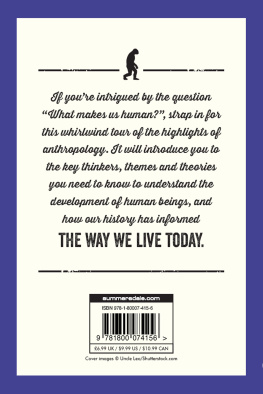

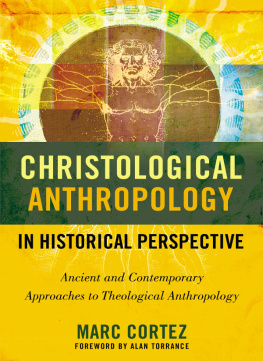
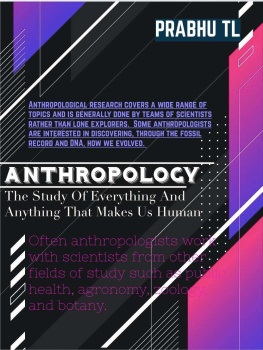

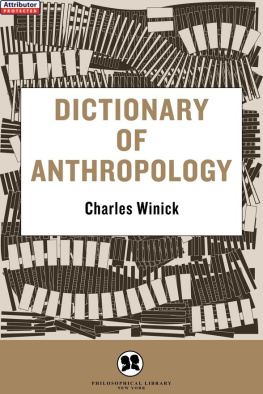
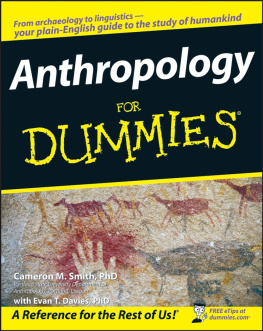
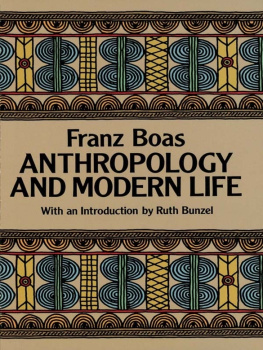
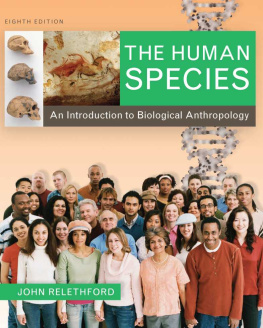
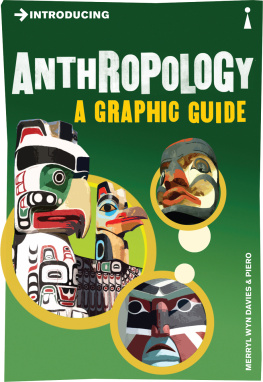

 Biological/physical anthropology is the study of humans as a biological species. This includes looking at how humans evolved over millions of years, the related species that lived alongside us (which became extinct) and how we interact with other animals. Some biological anthropologists focus on our evolutionary process and consider how modern humans spread throughout the world. Others study humans living today and their physical diversity, such as body size and skin color.
Biological/physical anthropology is the study of humans as a biological species. This includes looking at how humans evolved over millions of years, the related species that lived alongside us (which became extinct) and how we interact with other animals. Some biological anthropologists focus on our evolutionary process and consider how modern humans spread throughout the world. Others study humans living today and their physical diversity, such as body size and skin color.